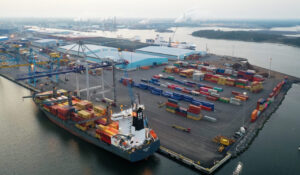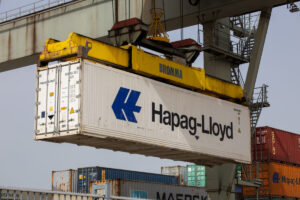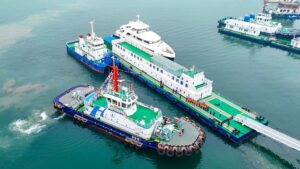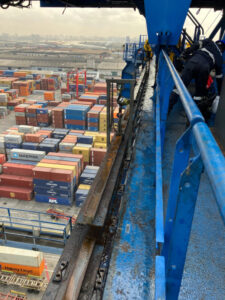The International Maritime Organisation (IMO) has conducted a study that found the shipping and oil industries' aim for a five-year delay to toxic sulphur emissions legislation could cost 200,000 lives, reported the Guardian.
At the end of October, 2016, the IMO will rule on whether or not the legislation to reduce emissions in 2020, otherwise the cap will come into effect in 2025.
The study did not include other breathing related illnesses such as asthma, but predicts lung cancer and heart disease preventable and premature deaths will reach 200,000 within those five years.
PTI recently reported that a study at the University of Reading found that by 2050, double the amount of non-icebreaker vessels will be able to navigate the Arctic, due to rapid melting of ice caps, with some even going through the North Pole.
If the Paris Agreement global temperature rise limit of below two degrees is not honoured, then reinforced ships could be travelling the arctic all year round by the late 2000’s.
After the Paris Agreement on climate change was signed by a record 50 nations, global shipowners associations came together to show support for the cause, with a development of an emissions reduction timeline.








